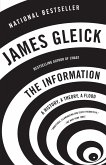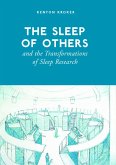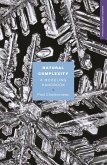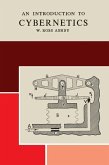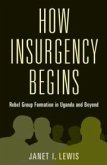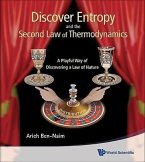Purity Culture, Bodies, and Beliefs confronts the enduring effects of religious trauma by centering the body as both a site of harm and a source of healing. This collection offers a necessary space for truth telling, grief, and renewal. Bringing together critical autoethnographies and theoretical reflection, this volume examines how purity culture intersects with sexuality, gender, race, ability, class, neurodiversity, and spirituality. Contesting evangelicalism's focus on bodily autonomy and sexual politics, contributors explore how embodied storytelling becomes a means of resistance and transformation. Addressing topics such as reproductive rights in fundamentalist contexts, eugenics-inspired rhetoric linking queerness and disability, and ritual practices like tattooing, each chapter testifies to the ways individuals remember, resist, and reclaim wholeness after harm. By foregrounding lived experience, the book shifts the study of religious rhetoric from theology and persuasion toward embodiment and trauma, illuminating not only what religious discourse does but what it costs. Scholars and students of religion, feminist and queer studies, and rhetoric--as well as activists engaged in justice and healing work--will find in this volume both critical insight and a call to action. In addition to the editors, the contributors to this volume include Hannah Benefiel, Mathew Boedy, Carrie Drake, Susan Garza, Amanda K. Gross, Ada Hubrig, Deborah Leiter, Camille Kaminski Lewis, Chaim McNamee, Haleh Mir Miri, Tessi Muskrat, Christopher Peace, Mary Pitts, Joseph Richards, Elaine Schnabel, Julie J. Sisler, and Kylie Sommer.
Bitte wählen Sie Ihr Anliegen aus.
Rechnungen
Retourenschein anfordern
Bestellstatus
Storno



